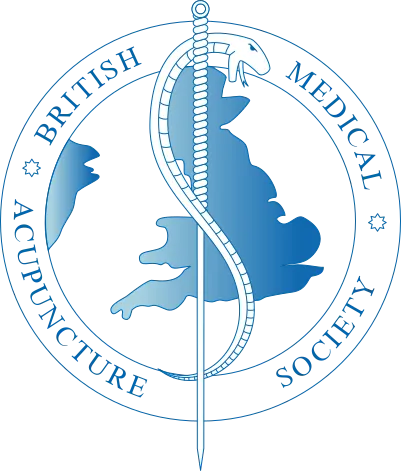Knee pain can have various causes, and it’s a common complaint that affects people of all ages. Some of the most common causes of knee pain are:
- Osteoarthritis: This is a degenerative joint condition that occurs when the protective cartilage on the ends of bones wears down over time. Osteoarthritis can lead to pain, stiffness, and reduced joint function in the knee.
- Rheumatoid Arthritis: This is an autoimmune disease where the immune system attacks the synovium (the lining of the membranes that surround the joints), causing inflammation, pain, and potential joint damage in the knee.
- Meniscus Tears: The meniscus is a wedge-shaped cartilage in the knee that acts as a shock absorber. Tears can occur due to sudden twisting or injury, leading to pain, swelling, and restricted movement.
- Tendonitis: Inflammation of the tendons around the knee, such as patellar tendonitis (jumper’s knee) or iliotibial band syndrome, can result from overuse and cause pain and discomfort.
- Ligament Injuries:
- Anterior Cruciate Ligament (ACL) Injury: Common in sports, this injury can result from sudden stops, changes in direction, or traumatic impacts. It often causes severe pain and instability.
- Posterior Cruciate Ligament (PCL) Injury: PCL injuries are less common but can cause pain and instability when the posterior cruciate ligament is damaged.
- Patellofemoral Pain Syndrome (Runner’s Knee): This condition involves pain in the front of the knee and is often caused by overuse, misalignment, or muscle imbalances.
- Bursitis: Inflammation of the bursae, which are fluid-filled sacs that cushion the knee joint, can lead to pain and swelling.
- Overuse or Repetitive Stress: Repeated stress on the knee joint due to activities like running, cycling, or jumping can cause conditions like patellar tendinopathy and iliotibial band syndrome.
Determining the specific cause of knee pain often requires a thorough evaluation by a healthcare professional. Proper diagnosis is crucial to develop an effective treatment plan and address the underlying issue causing the pain. Treatment may include rest, physical therapy, medications, injections, or, in some cases, surgery, depending on the cause and severity of the knee pain.
What can we do to help?
Physiotherapy can be highly effective in addressing knee pain by targeting the underlying causes and promoting healing, pain relief, and improved function.
We use various techniques to manage both acute and chronic knee pain, including pain relief techniques, exercises to strengthen and stabilize the knee, stretching, and mobility exercises, hands-on therapies, and guidance on posture and injury prevention.
The specific physiotherapy approach depends on the cause and severity of the knee pain. Whether the pain results from an injury, overuse, arthritis, or other conditions, physiotherapy aims to reduce pain, improve mobility, strengthen the knee, and enhance overall quality of life. It is often a conservative and effective option for managing knee pain, and it can help individuals avoid or delay the need for surgery in some cases.











